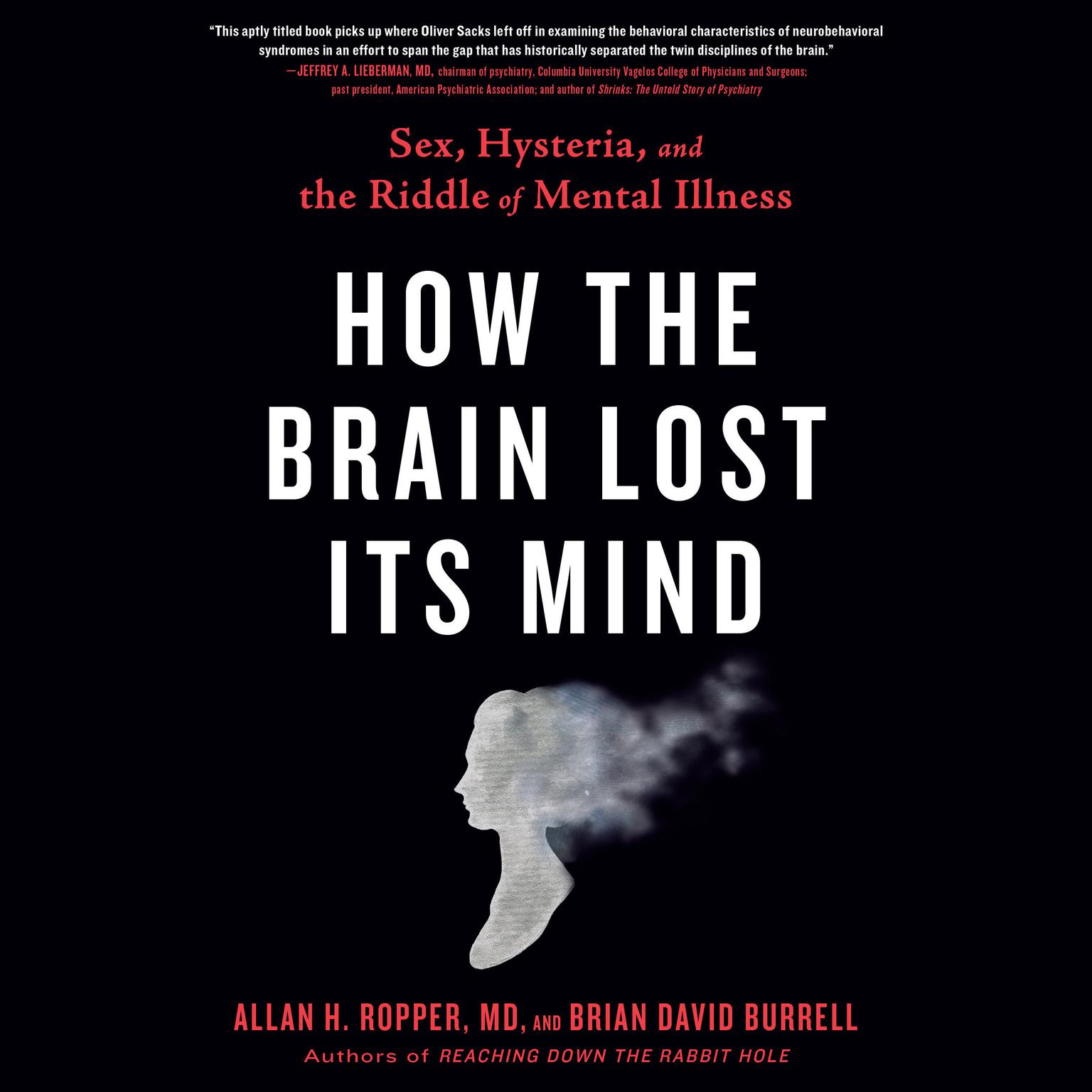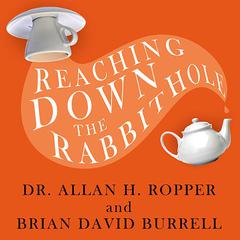 Play Audiobook Sample
Play Audiobook Sample
How the Brain Lost Its Mind: Sex, Hysteria, and the Riddle of Mental Illness Audiobook
 Play Audiobook Sample
Play Audiobook Sample
Quick Stats About this Audiobook
Total Audiobook Chapters:
Longest Chapter Length:
Shortest Chapter Length:
Average Chapter Length:
Audiobooks by this Author:
Publisher Description
A noted neurologist challenges the widespread misunderstanding of brain disease and mental illness. How the Brain Lost Its Mind tells the rich and compelling story of two confounding ailments, syphilis and hysteria, and the extraordinary efforts to confront their effects on mental life. How does the mind work? Where does madness lie, in the brain or in the mind? How should it be treated? Throughout the nineteenth century, syphilis--a disease of mad poets, musicians, and artists--swept through the highest and lowest rungs of European society like a plague. Known as "the Great Imitator," it could produce almost any form of mental or physical illness, and it would bring down a host of famous and infamous characters--among them Guy de Maupassant, Vincent van Gogh, the Marquis de Sade, Friedrich Nietzsche, and Al Capone. It was the first truly psychiatric disease and it filled asylums to overflowing. At the same time, an outbreak of bizarre behaviors resembling epilepsy, but with no identifiable source in the body, strained the diagnostic skills of the great neurologists. It was referred to as hysteria. For more than a century, neurosyphilis stood out as the archetype of a brain-based mental illness, fully understood but largely forgotten, and today far from gone. Hysteria, under many different names, remains unexplained and epidemic. These two conditions stand at opposite poles of the current debate over the role of the brain in mental illness. Hysteria led Freud to insert sex into psychology. Neurosyphilis led to the proliferation of mental institutions. The problem of managing the inmates led to the abuse of lobotomy and electroshock therapy, and ultimately the overuse of psychotropic drugs. Today we know that syphilitic madness was a destructive disease of the brain while hysteria and, more broadly, many varieties of mental illness reside solely in the mind. Or do they? Afflictions once written off as "hysterical" continue to elude explanation. Addiction, alcoholism, autism, ADHD, Tourette syndrome, depression, and sociopathy, though regarded as brain-based, have not been proven to be so. In these pages, the authors raise a host of philosophical and practical questions. What is the difference between a sick mind and a sick brain? If we understood everything about the brain, would we understand ourselves? By delving into an overlooked history, this book shows how neuroscience and brain scans alone cannot account for a robust mental life, or a deeply disturbed one.
Download and start listening now!
How the Brain Lost Its Mind Listener Reviews
Be the first to write a review about this audiobook!
About the Authors
Dr. Allan H. Ropper is a Professor at Harvard Medical School and the Raymond D. Adams Master Clinician at Brigham and Women’s Hospital in Boston. He is credited with founding the field of neurological intensive care and counts Michael J. Fox among his patients.
Fred Sanders, an actor and Earphones Award–winning narrator, has received critics’ praise for his audio narrations that range from nonfiction, memoir, and fiction to mystery and suspense. He been seen on Broadway in The Buddy Holly Story, in national tours for Driving Miss Daisy and Big River, and on such television shows as Seinfeld, The West Wing, Will and Grace, Numb3rs,Titus, and Malcolm in the Middle. His films include Sea of Love, The Shadow, and the Oscar-nominated short Culture. He is a native New Yorker and Yale graduate.
Brian David Burrell is the author of Postcards from the Brain Museum. He has appeared on the Today Show, Booknotes, and NPR’s Morning Edition. He divides his time between writing and statistical research with neuroscientific applications.
About Fred Sanders
Fred Sanders, an actor and Earphones Award–winning narrator, has received critics’ praise for his audio narrations that range from nonfiction, memoir, and fiction to mystery and suspense. He been seen on Broadway in The Buddy Holly Story, in national tours for Driving Miss Daisy and Big River, and on such television shows as Seinfeld, The West Wing, Will and Grace, Numb3rs,Titus, and Malcolm in the Middle. His films include Sea of Love, The Shadow, and the Oscar-nominated short Culture. He is a native New Yorker and Yale graduate.




